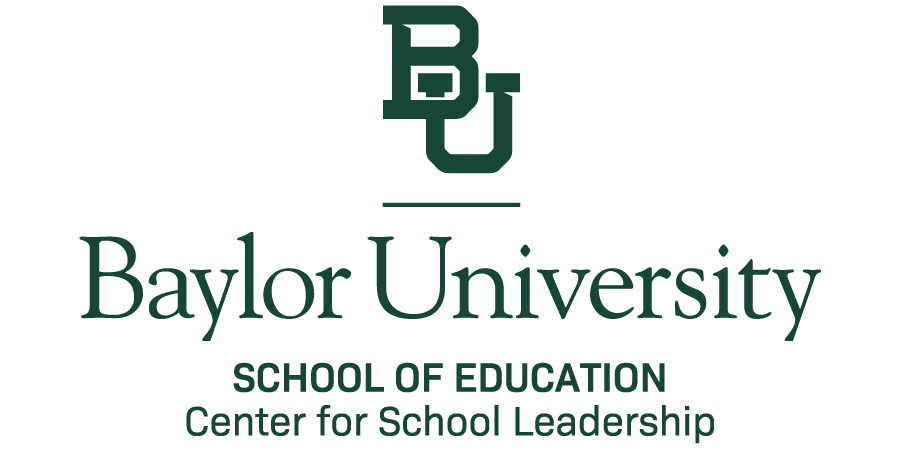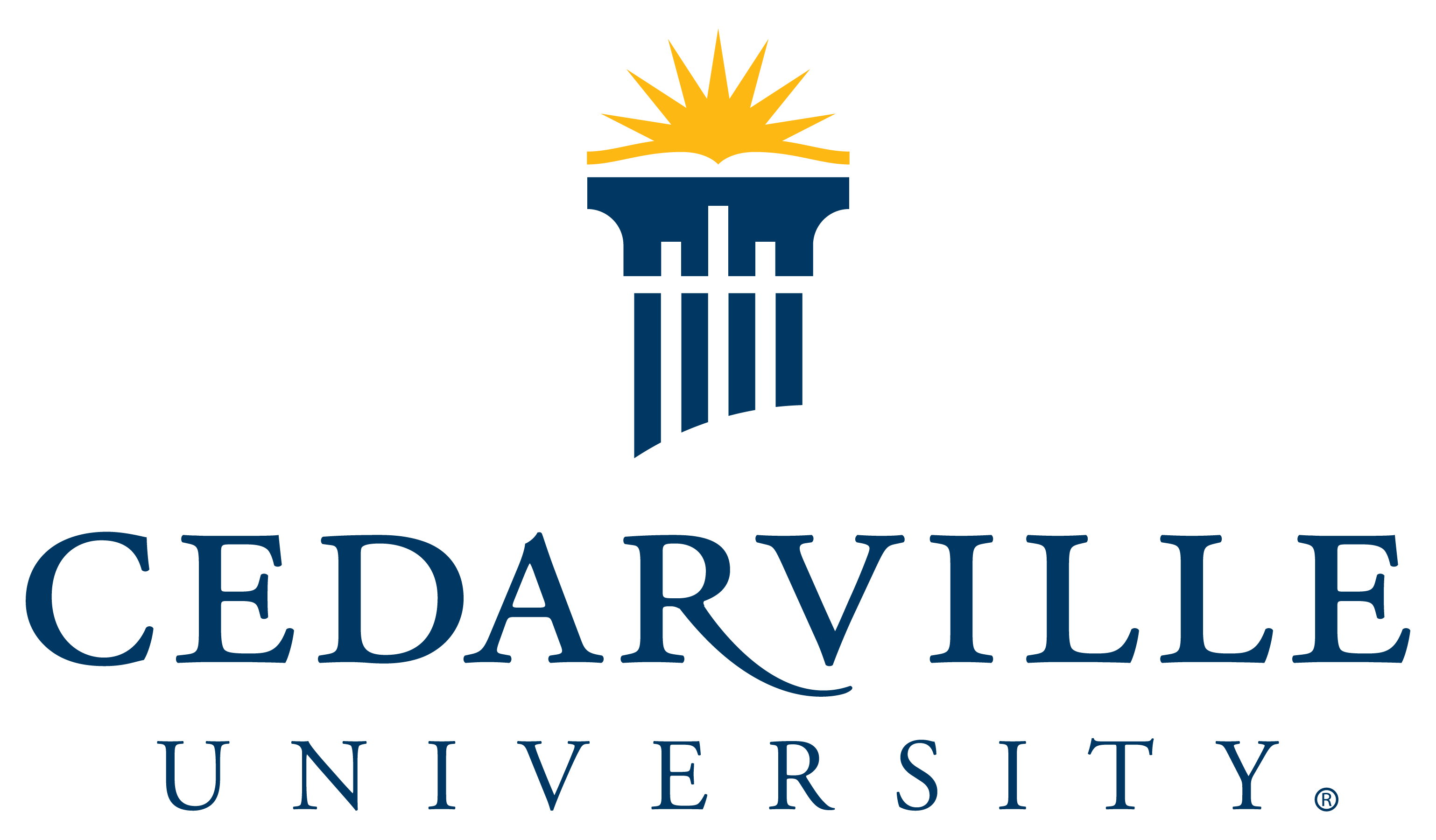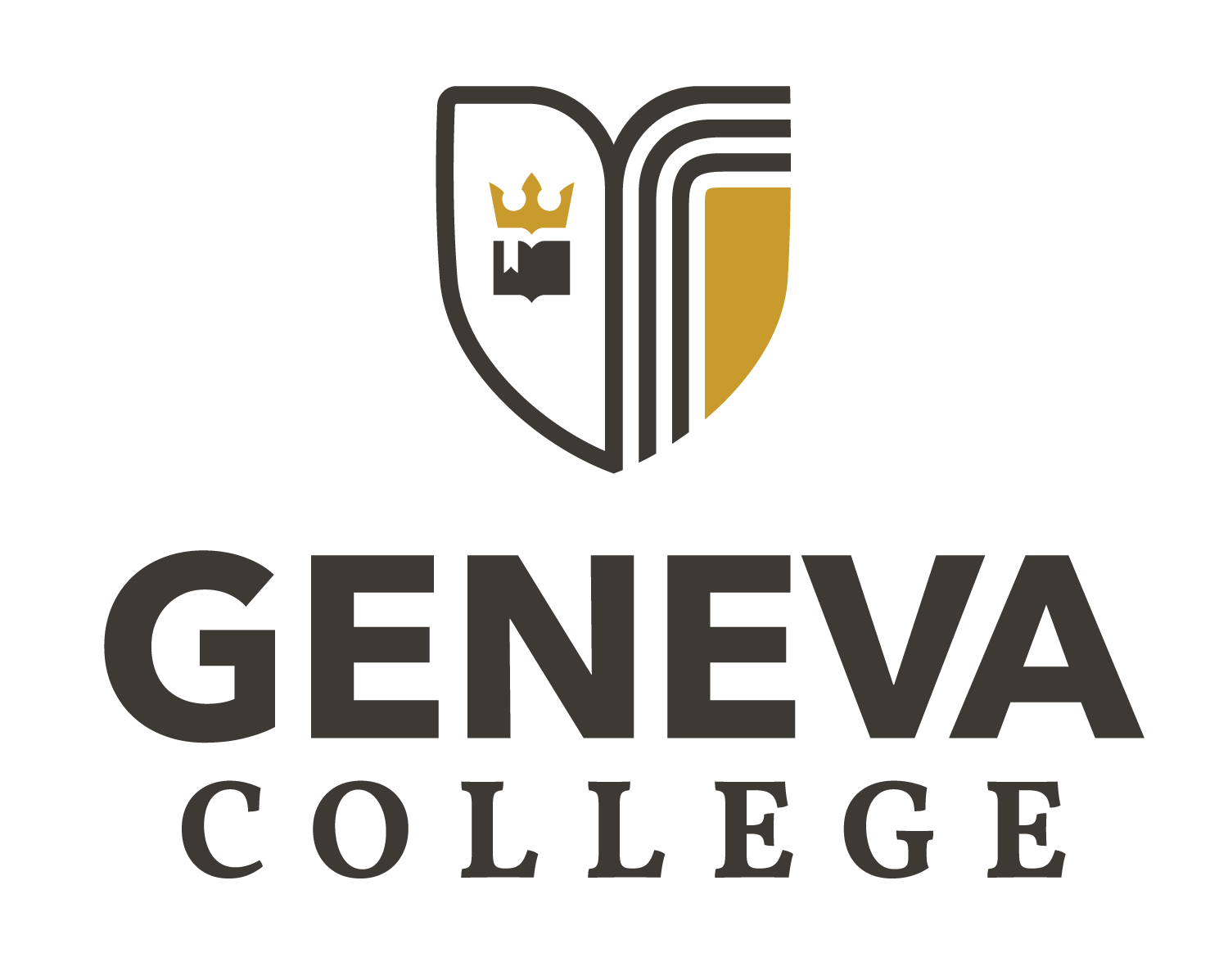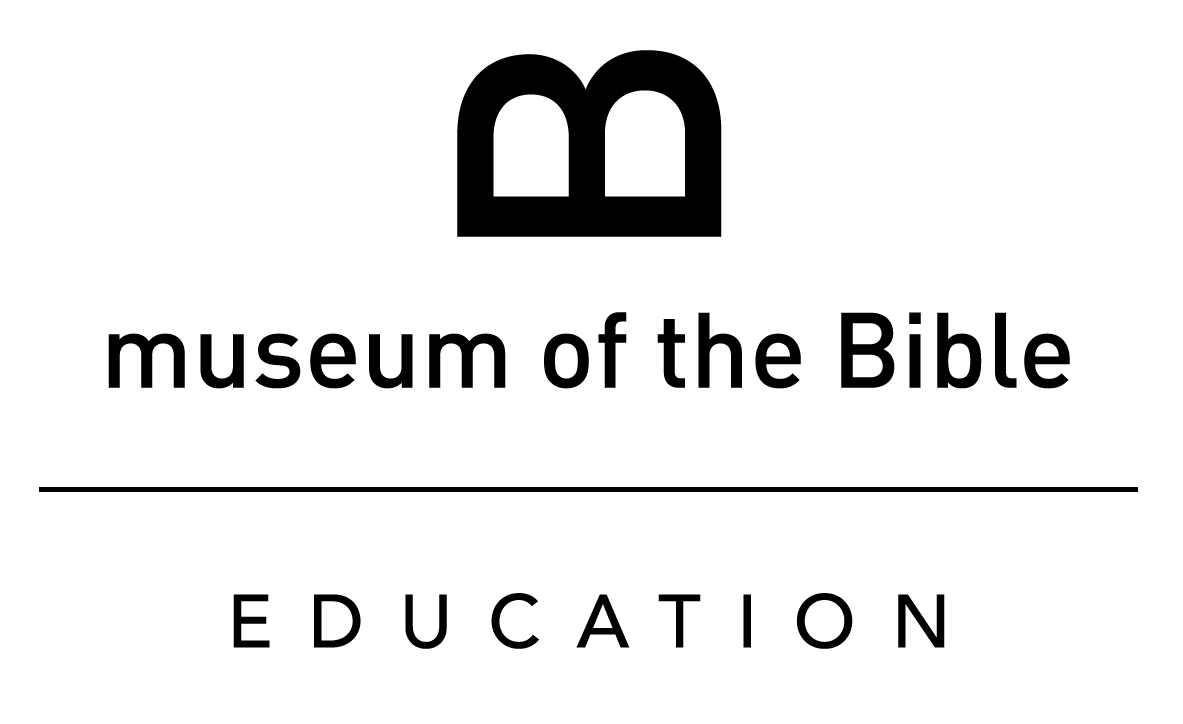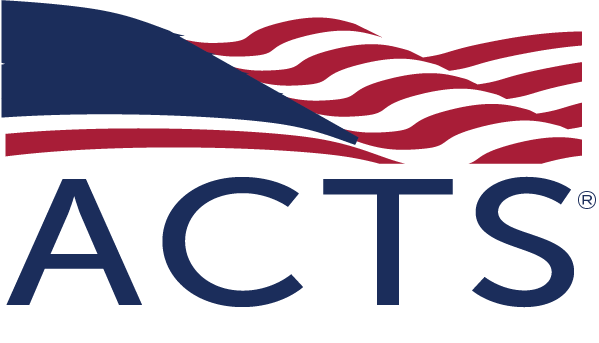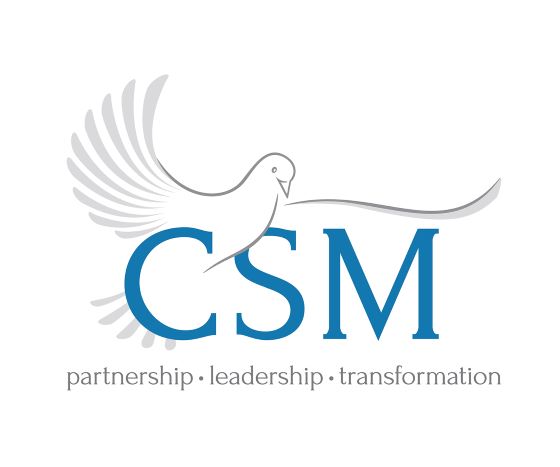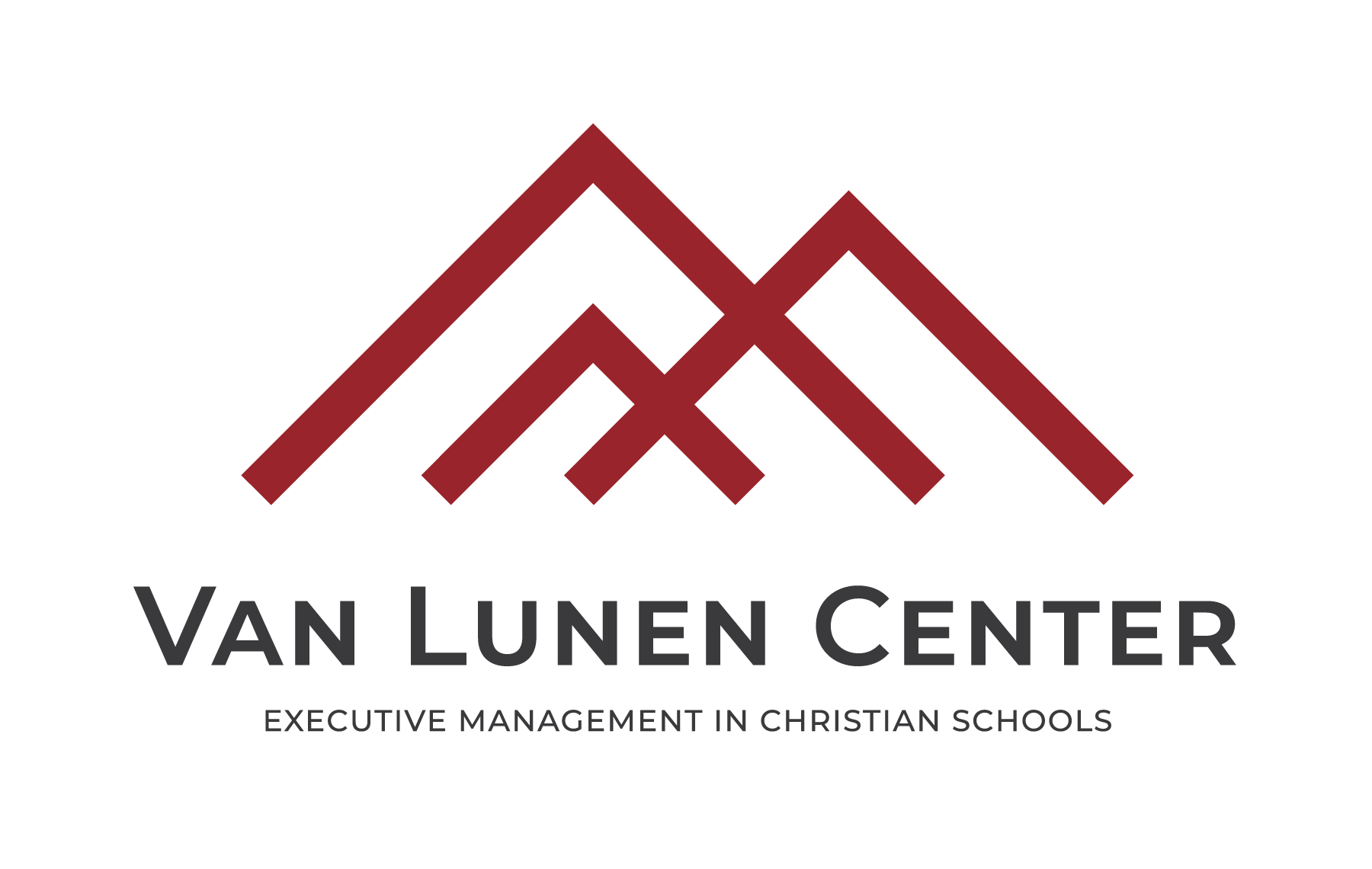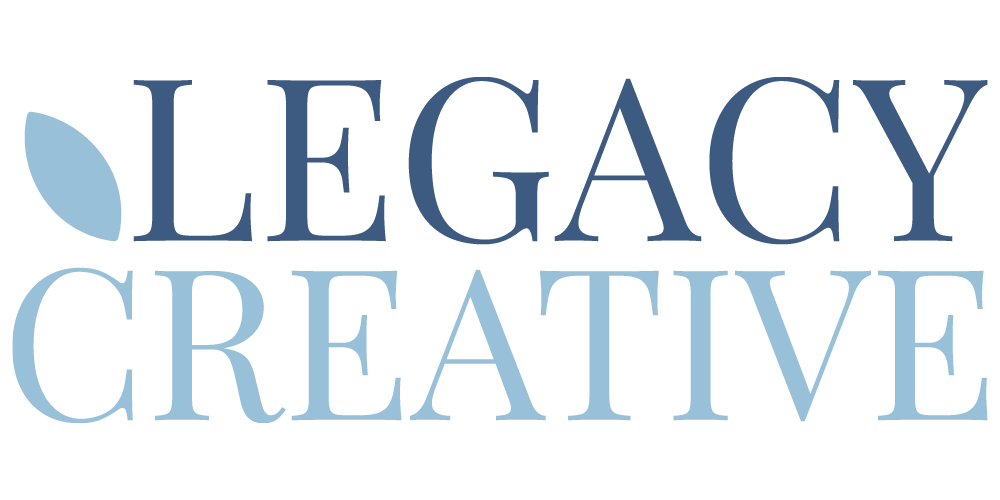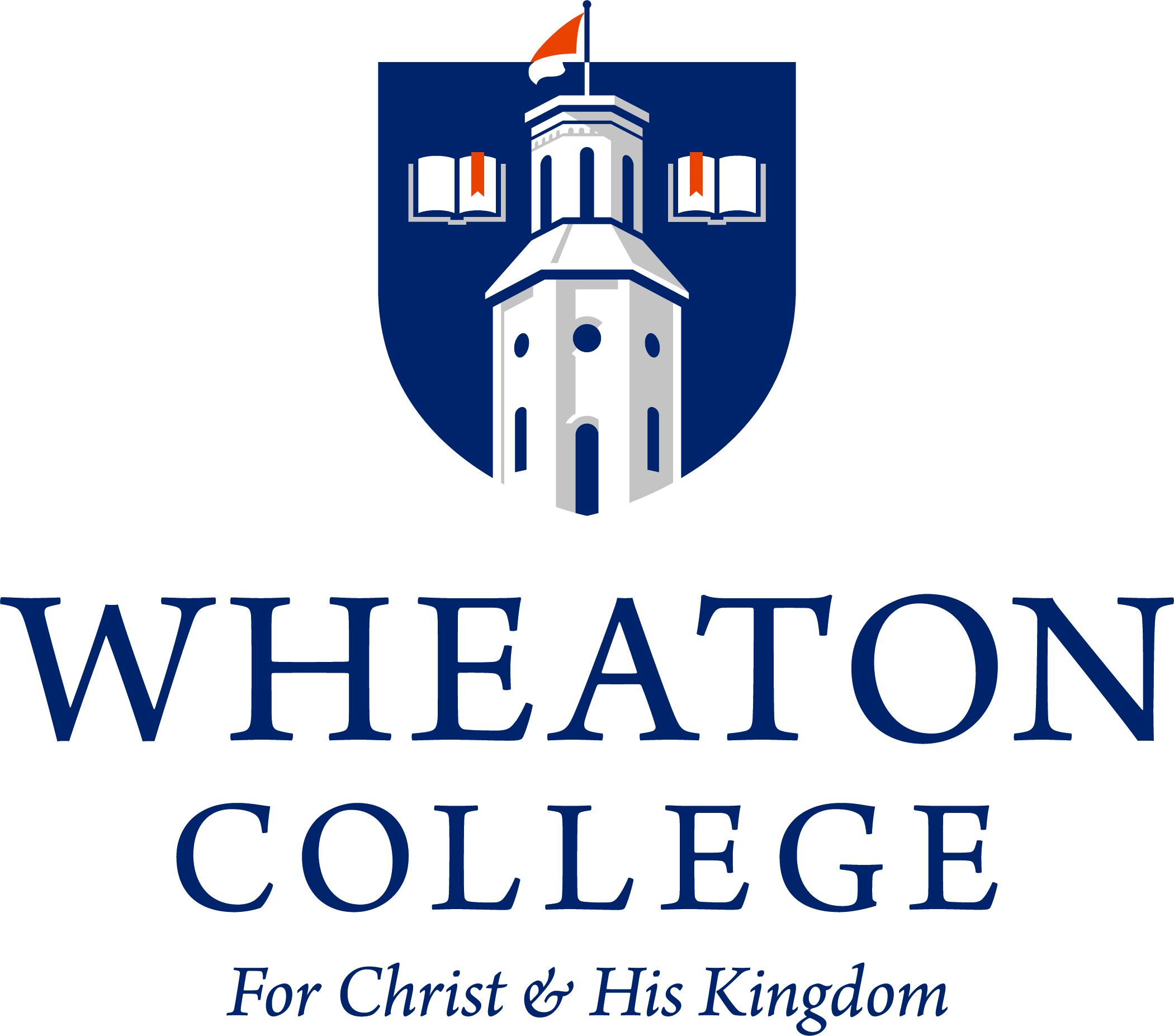We have all heard the adage “leadership is lonely,” and it is likely most of us have experienced the reality of the phrase at one point or another in our careers. Of course, we work in schools, so we recognize that it isn’t just leaders who are lonely. We see it in our students, their families, and across our organizations. In May of 2023, the Surgeon General of the United States Dr. Vivek Murthy diagnosed an epidemic affecting over half of Americans, an epidemic equivalent to the mortality risk of smoking 15 cigarettes a day. This epidemic is, as many of us know, one not born of the spread of viruses or bacteria, but one of loneliness. How is it, during the most connected time in history thanks to technology and smartphones, that the majority of Americans are becoming physically sick due to a lack of meaningful connection in their lives? We know that our calendars are fuller than ever with meetings. Additionally, we have more professional development opportunities than we can possibly engage in, and our churches, our youth sports leagues, and our schools are clamoring to spend as much time as possible with us.
This is a tension we think about a lot at CESA, and why we are honored to partner with the ten other host organizations from around the world to bring Converge to life every three years. We believe that gathering well is part of the antidote to leadership loneliness. Moreover, we believe that gathering well can strengthen the influence of Jesus in our schools and in our communities. Gathering, as Priya Parker (2018) posits, “shapes how we think, feel, and make sense of the world.” We agree. And there is much we need to make sense of as we go about the work of Christian schooling, much that can be made sense of as we learn from one another.
Gathering well creates and nourishes dense networks.
In 2010 a few friends, who all happened to be working in Christian schooling, read James Davison Hunter’s To Change the World: The Irony, Tragedy, and Possibility of Christianity in the Late Modern World. There were many moments of clarity made possible by this text, one of which challenged our view of how cultural change takes place, and perhaps how schools had been attempting to realize their missions. In many ways, this catalyzed the formation of and foundation for CESA. Hunter’s theory supposes that “the key actor in history is not individual genius but rather the network and the new institutions that are created out of those networks” (38). Further, the more “dense” the network, the more influential it can be.
On one hand, why should we have been surprised that relational networks were, according to this theory, critical to transformation? We do not have to look far to see biblical discipleship’s foundation in meaningful relationships. The word “disciple”’ in the Greek means, of course, one who learns from an apprentice, one who is attached to their teacher. Time and time again, Jesus modeled total transformation and adherence to Truth through relationships, which was in sharp contrast to the Pharisees who continuously attempted to use law apart from relationships, a practice that often results only in compliance. On the other hand, perhaps we had been doing the work of leading Christian schools in a diffuse network because we were investing so heavily in our local context. We know there are never enough hours in the day to accomplish the work within our schools, so perhaps we didn’t assign appropriate value to the investment in relationships outside our schools. Perhaps those relationships felt more like a luxury than a necessity. These friends envisioned something different as they discussed the theory articulated in this book, something that could create this kind of a network so that real cultural change might take place.
Gathering well, we think, has the potential to create and sustain the relationships we need to transform and be transformed. When we come together from across the world in Orlando for Converge 2025, it is our hope and prayer that existing networks will be strengthened, and new networks will be born. It is this worldwide network that is so exciting, and in many ways, has the unlimited potential to transform. It is why CESA continues to invest in this event.
Gathering well can help us change the paradigm of influence from a posture of defensiveness to one of a faithful presence.
As we gather in Orlando, we will do so coming from an ecosystem that reflects trust in institutions at all-time lows . In many ways, this results in an environment in which people are constantly reacting from a defensive posture, seeking to preserve and protect what they believe to be most valuable. People seem to be moving further from each other, rather than toward one another, especially when it comes to others who are different from us. This creates real challenges in our day-to-day work. Christian schools have long been criticized (however unfairly) for being isolationist, contributing to societal divides. But when we gather well, we have an opportunity to practice being a faithful presence, which begins with an acknowledgment of God’s faithful presence in our lives. We practice faith, hope, and love and, when we go back to our communities, we foster this presence toward family, friends, neighbors, and enemies from the classroom to the government. To be a Christian, Hunter exhorts, is to be obliged to engage the world, pursuing God’s restorative processes over all of life. When we gather well, we equip ourselves and encourage one another to do this work. When we gather well, we practice a commitment to the fruitfulness, wholeness, and well-being of all, and that practice generates relationships and institutions that foster purpose, truth, beauty, and belonging—not just for Christians but for everyone. It is a sharp contrast to the worldliness and divisiveness of this age, and this burden of prioritizing presence falls to leaders. It is the antidote the world needs.
Gathering well, with the Lord before, behind, beneath, and beside us, can help us realize the promise of the Christian school movement across the world.
In many ways, gathering at places like Converge, where the time and experiences are planned intentionally to stimulate reflection, connection, and worship, allows us to capture the beauty in the here and now while also looking to the hole and possibility in the future of Christian schooling. When we gather well, the Lord is present (Matt. 18:20) and we can draw upon His presence and the wisdom of one another to build schools that honor God by the transformation of the people both within them and far outside of our walls.
About the Authors
Julie Ambler has served as the head of school at The Woodlands Christian Academy (TWCA) since 2006. In addition to her role at TWCA, Ms. Ambler currently serves as chairman of the board for Summit Ministries, located in Manitou Springs, Colorado, chairman of the board for the Council of Educational Standards and Accountability (CESA), past chairman of the board for The Woodlands Area Chamber of Commerce, past chairman of the board for Leadership Montgomery County (LMC), and board member of the Texas Private School Association (TPSA). Additionally, she is a member and past board member of the Rotary Club of The Woodlands, where she has been named a Paul Harris Fellow twice. Mrs. Ambler is also past president of the Executive Women’s Alliance (EWA).
Katie Wiens is the executive director of the Council on Educational Standards and Accountability. Katie played a role in CESA’s founding and served as its original director of academic advancement. In that position, Katie co-wrote the original CESA standards and helped develop the initial institutional review process. Katie currently is also a non-resident research scholar at Baylor University, where she teaches in the M.A. in School Leadership program. Katie has served on the faculties of Wheaton College, Boston University, Gordon College, and Kennesaw State University. She serves as fellow with the Institute for Advanced Studies in Culture at the University of Virginia and a research fellow with Cardus. She has her bachelor’s and master’s degrees from the University of St. Thomas and her doctorate from Boston University.



